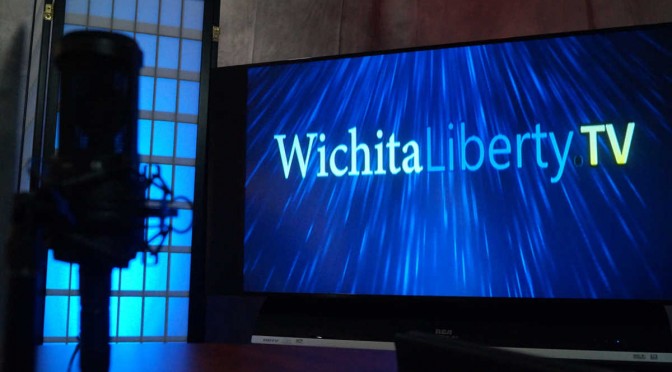Tag: Kansas Open Records Act
-

In Sedgwick County, choosing your own benchmarks
The Sedgwick County Commission makes a bid for accountability with an economic development agency, but will likely fall short of anything meaningful.
-

WichitaLiberty.TV: What the Kansas Legislature should do, and eminent domain
There are things simple and noncontroversial that the Kansas Legislasture should do in its upcoming session, and some things that won’t be easy but are important. Also, a look at eminent domain.
-

WichitaLiberty.TV: Wichita’s attitude towards empowering citizens, tax credits, and school choice
The City of Wichita’s attitude towards empowering citizens, government spending through tax credits, and school choice in Kansas.
-

Wichita checkbook register
A records request to the City of Wichita results in data as well as insight into the city’s attitude towards empowering citizens with data.
-

In Wichita, open records relief may be on the way
A new law in Kansas may provide opportunities for better enforcement of the Kansas Open Records Act.
-

Wichita tourism plan should include spending disclosure
As part of a plan for spending a dedicated tax revenue stream, the Wichita city council should include disclosure of spending. It would fulfill a campaign promise.
-
College environmentalists use public records laws
College environmentalists are using public records laws to investigate the circumstances surrounding the hiring of an economist at the University of Kansas.
-

This week, Wichita has a chance to increase government transparency
The Wichita City Council can decide to disclose how taxpayer money is spent, or let it remain being spent in secret.
-

Art Hall: My decision to fight for academic freedom
If my private, personal communications are released, I will not be the only one whose academic freedom is jeopardized. The issue is much larger, and could ultimately jeopardize the academic freedom of any scholar at a public institution of higher education, writes Art Hall of the University of Kansas.
-

In Wichita, promises of accountability and transparency
Boosters of the proposed Wichita sales tax promise transparency. But Wichita has not delivered on that in the past, and still rebuffs the public’s right to know.
-

Claims of future transparency of Wichita tax money spending
Claims by boosters of a proposed Wichita sales tax that the city will be transparent in how money is spent must be examined in light of the city’s attitude towards citizens’ right to know.
-
Assistance needed in obtaining records from a government agency
I am writing to ask your assistance in obtaining records from a government agency. Specifically, I asked Go Wichita Convention and Tourism Bureau for a copy of a contract the organization recently formed with an external entity.